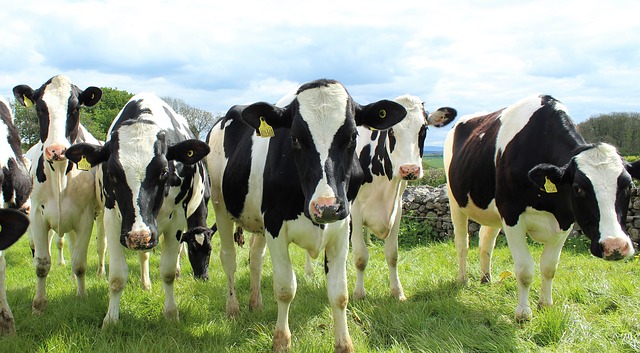The latest industry outlook from international bank Rabobank forecasts strong cause for optimism for the dairy sector in the 2021-2022 season.
Australia’s agricultural sector is set to enjoy an overall profitable year ahead – underpinned by high commodity prices, positive seasonal conditions and low interest rates, and despite expected continuing trade tensions with China – according to the industry outlook.
In its flagship annual Agribusiness Outlook for 2021, global agribusiness banking specialist Rabobank says a generally profitable 2020-21 season for most Australian farmers will not only kick-start recovery from the recent severe east coast drought, but also put the sector in a stronger position to navigate a number of major transitions it will face in the year ahead – the COVID-19 pandemic recovery, reducing reliance on China and increasing sustainability.
Report lead author, Rabobank head of Food and Agribusiness Research Tim Hunt, said despite the turbulent environment facing the world as 2021 gets underway, global demand for food and agribusiness products remained “surprisingly firm”, while weather patterns were also favouring Australia ahead of competitors when it comes to production.
“In a current global environment marked by the pandemic, political tensions and trade wars, demand for food and agri products has remained unexpectedly strong,” he said.
“And despite the punitive actions of China on Australian agriculture, high agricultural commodity prices, low interest rates and positive seasonal conditions are underpinning a positive outlook for most farmers in 2020-21.”
The world is a “turbulent place” as Australia’s agricultural sector enters 2021, the Rabobank report says, impacted by factors including the continuing COVID-19 pandemic and lockdowns, the completion of Brexit and the emergence of the US from a tumultuous presidency, as well as continuing trade wars, which are distorting the direction and price of traded goods.
“Market intervention is back in vogue, with grain-exporting countries reconsidering export quota and taxes as they fret over food security, while elsewhere port strikes have impeded trade flows,” the report says.
Demand for agricultural commodities though is being supported, with several major importing countries appearing to be stockpiling to mitigate risk of shortages and by unprecedented support from governments helping to offset the impact of the pandemic on employment and incomes, and therefore spending on food.
Original article sourced from https://edairynews.com/



